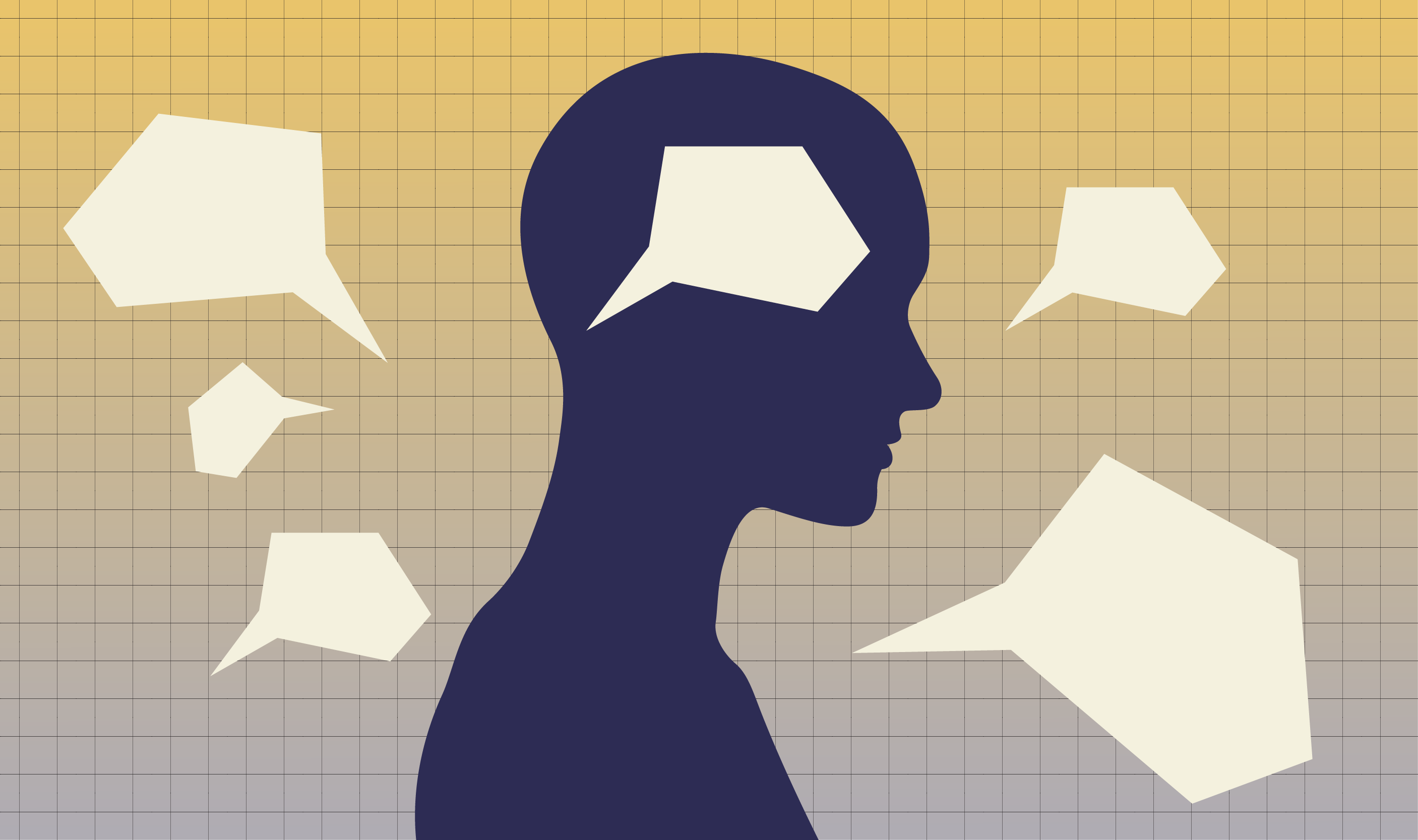News anchor’s suggestion to execute people with mental health conditions draws backlash
Conversations also focused on how social media, especially violent content, may impact youth mental health.

Conversations also focused on how social media, especially violent content, may impact youth mental health.
This week, after a man with a history of mental health conditions was charged in a stabbing death, individuals—including a news anchor—shared stigmatizing comments about people with untreated mental health conditions committing violent crimes. Other social media users expressed concern about how violent content on social media impacts youth mental health.
In response, communicators may share tips for fighting mental health stigma, offer information about mental health treatment, correct myths about violence and mental health, and circulate mental health resources for youth.

Insights brought to you by the reporters and science writers of Public Good News (PGN), a nonprofit newsroom dedicated to improving community health.
What’s trending nationally in conversations about mental health
In late August, a man with a history of mental health conditions and a criminal record was arrested and accused of fatally stabbing a woman on a North Carolina train. On September 15, he was charged with first-degree murder. A news anchor discussing the stabbing said that people with mental health conditions who refuse treatment should be executed to prevent them from harming others. He later apologized for his remarks. Social media posts about the news anchor’s apology received hundreds of thousands of views, and some suggested that the apology seemed insincere and that it was not enough to undo his harmful words. Many commenters said that the news anchor contributed to stigma toward people with mental health conditions and stressed the need for compassion. Some defended the news anchor and suggested that he “made a misstatement trying to fill airtime.”
Then, in response to an X post from North Carolina’s governor advocating for more police officers to stop these kinds of incidents, one commenter expressed frustration about someone with a history of mental health conditions being released from prison. The comment received approximately 200,000 views, 27,000 likes, 2,500 reposts, and 270 comments as of September 17. Many commenters stated that “the system is broken” and that political leaders use violent offenders’ mental health conditions to “excuse” their crimes. Other posts expressed concern that people with mental health conditions who lack access to treatment may go on to commit violent crimes, despite research finding that people with mental health conditions are more likely to be the victims of violence.
After a video of political activist Charlie Kirk’s death circulated online, a mother shared a Facebook post expressing concern that violent online content could harm youth mental health. Her post received approximately 493,000 views, 15,500 reactions, 740 shares, and 2,800 comments as of September 17. Many parents in the comments echoed the mother’s concerns, and some suggested that children should not be allowed to use social media or that parents should strictly monitor their children’s use.

Recommendations brought to you by the health communication experts behind Infodemiology.com.
Recommendations for public health professionals
Each week, the Infodemiology.com team will provide messaging recommendations in response to some of the trending narratives outlined above. These helpful tips can be used when creating content, updating web and FAQ pages, and developing strategy for messaging about mental health.
Recently publicized stigmatizing comments and conversation about these remarks are an opportunity to explain how stigma affects people with mental health conditions. Communicators may want to share tips for fighting mental health stigma and recirculate general mental health resources, including therapist directories, local mental health centers, support groups, and helplines like the 988 Suicide & Crisis Lifeline.
Given discussions about mental health treatment, communicators may want to share SAMHSA’s treatment directory and National Helpline (1-800-662-HELP), as well as local outreach and crisis intervention programs geared toward unhoused people. In response to misconceptions about mental health and violent crimes, messaging may emphasize that the vast majority of people living with mental health conditions are not violent. In fact, research shows that serious mental health conditions contribute to only about 4 percent of all violent crime in the U.S. and that people with mental health conditions are more likely to be victims of violence than perpetrators.
Conversations about LGBTQ+ mental health provide an opportunity to share mental health resources tailored to this community, such as directories where people can search for LGBTQ-informed therapists and support groups, the Trevor Project’s hotline for LGBTQ+ youth, the Trans Lifeline, and the LGBT National Help Center.Conversations about social media and youth mental health provide an opportunity to share mental health warning signs in youth, conversation starters for caregivers, tips for helping youth safely use social media, and tips for talking to youth about gun violence and other violent content they may see online. Communicators may also want to recirculate general mental health resources geared toward youth, including the peer support hotline YouthLine and the Trevor Project’s hotline for LGBTQ+ youth.
